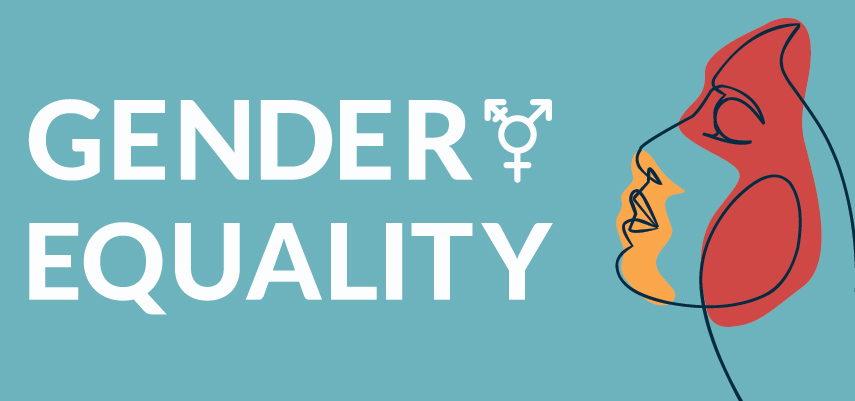GWP’s Gender Strategy was developed under the 2014-2019 Strategy Towards 2020: A Water Secure World, and it remains pertinent to the 2020-2025 Strategy, Mobilising for a Water Secure World, which states that GWP's work to promote gender equality will focus on:
- Institutional leadership and commitment;
- Gender inclusion and analysis that drives change;
- Meaningful and inclusive participation in decision-making and partnerships; and
- Equal access to and control of resources.
The Gender Strategy addresses diversity and inclusion, social equity, and women's role in the integrated and sustainable management of water resources. It draws attention to gender differences so that men and women can benefit and contribute equally to our longstanding challenge of improving water security.
Achieving water security means adopting inclusive and participatory approaches. In treating gender equality as a global priority, GWP has taken a comprehensive approach that addresses the structural drivers as well as the complexity of gender inequalities. GWP recognises the need for a balanced representation of women and men in processes at all levels, and in the importance of empowerment of women to be part of such processes. GWP also aims to promote and facilitate the mainstreaming of gender into water governance as a key aspect of achieving water security. GWP encourages and supports women’s organisations to actively engage in GWP partnerships and processes at all levels.
Looking back at 2017-2019, key actitivities included:
GWPO in collaboration with Regional Water Partnerships (RWPs) and regional Gender Focal Points (GFPs) developed operational guidelines for mainstreaming gender in GWP's thematic programming.
GWPO provided additional support through mobilisation of international partners and provision of seed funding to carry out activities.
GWPO also facilitated partnerships with international organisations and RWPs and Country Water Partnerships (CWPs), as well as support to leverage global technical expertise. These experts together with GFPs supported RWPs and CWPs with gender mainstreaming and planning, although the implementation responsibility primarily remained with regional coordinators and programme managers.
GWPO supported the regions to organise regular capacity building and awareness raising activities for RWPs and CWPs, and GWP partners were expected to be involved in the process as much as possible.

